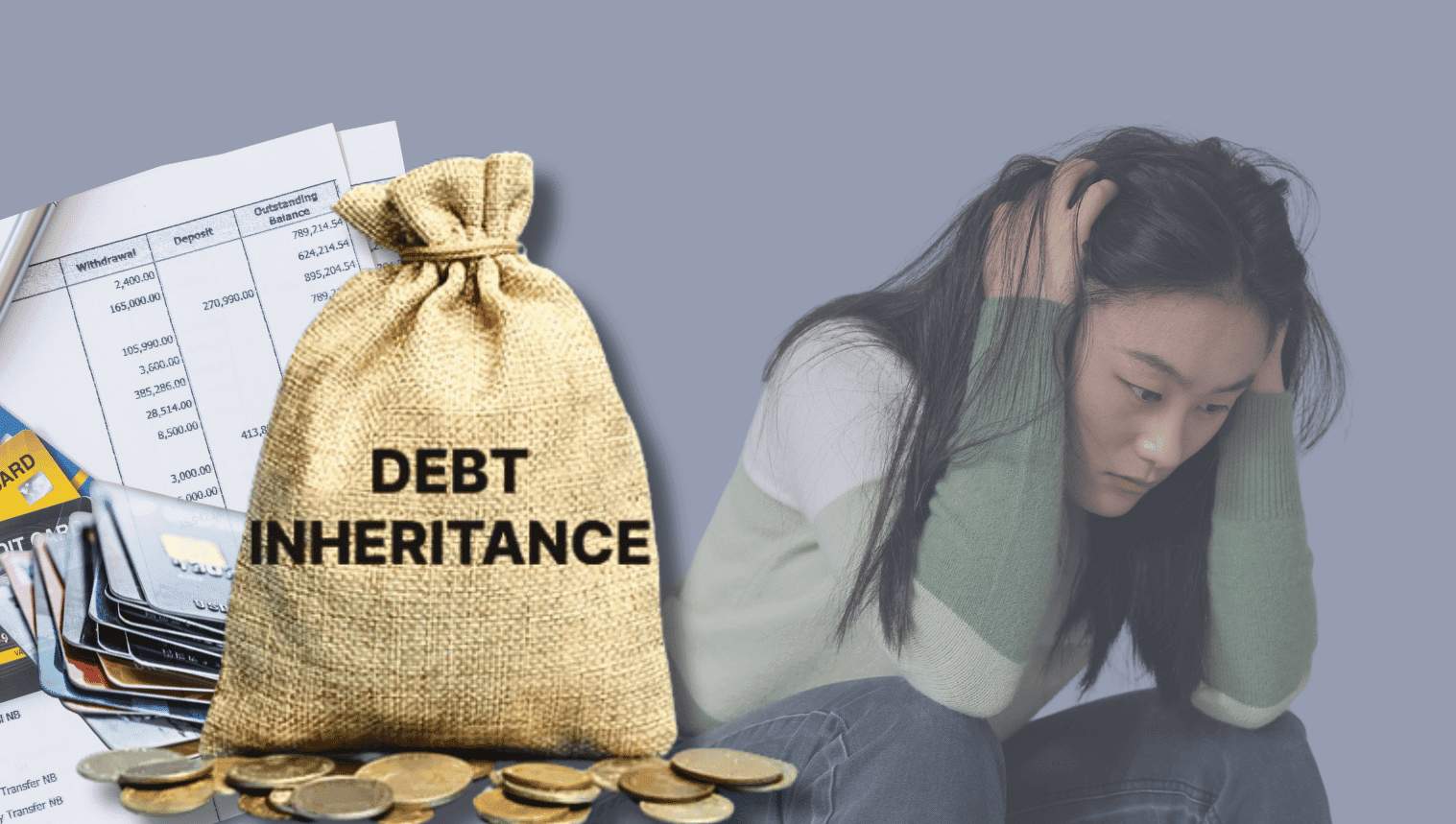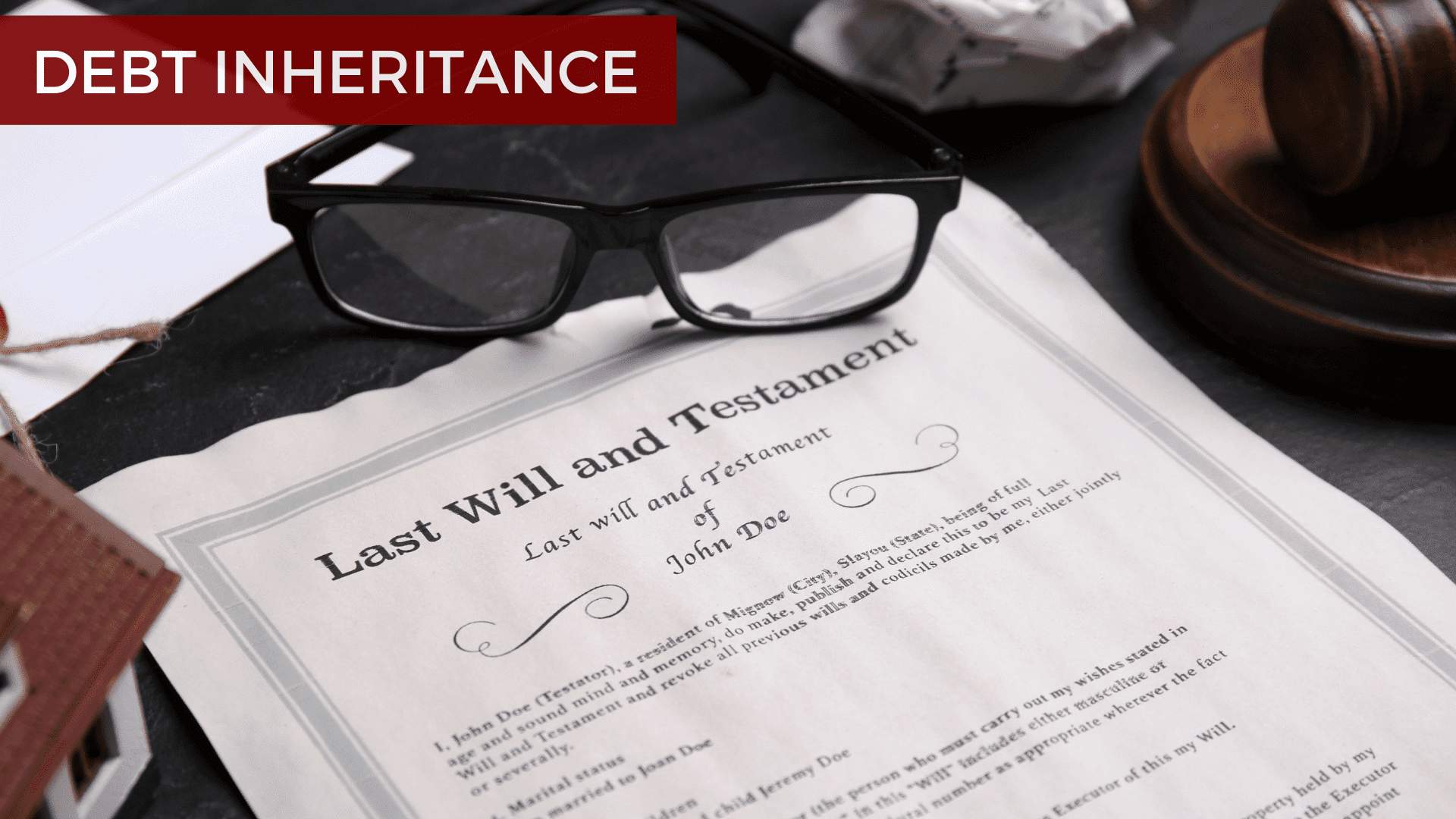Your rights around inheriting debt in Canada can vary depending on several factors, including provincial…

Financial Abuse Against Seniors
A recent article in the Vancouver Sun got my blood boiling.
It was a story about a man in St. Catherine’s, Ontario who lost his home, car and possessions. A thief emptied his bank account. Mortgaged his house and, in total, stole $200,000. All that was left was $20 to his name. Although they could not provide any details, the police called it the worst case of elder abuse they had ever seen.
It seems that the thief was someone the older man knew and trusted. It was an employee of the credit union where he banked.
Financial abuse against seniors often goes undetected or unreported.
A press release posted by the BC Association of Community Response Team gave an example of financial abuse against seniors:
“I am 91. At one time, I was an educator and had a decent life. Today I am an abused senior. Oh, please don’t tell anyone. If my kids find out I’ve been talking, there’ll be hell to pay. I don’t want them to get into trouble. Every day it gets worse—last month, I had $300,000 in savings. Now there’s only $5000 left. It’s so hard to say NO to them. They yell and use the F word. I don’t know where they learned to talk like that. I’m so ashamed.“
Some tips on how seniors can protect themselves:
- If you feel pressured or uncomfortable – hang up the phone.
- Never send money or give your credit card number or social security number to an unfamiliar party.
- Wait till you have received written material about any offer or charity.
- Lock your Mailbox.
- Have any contracts reviewed by a trusted professional before signing anything.
- Take your time to make financial decisions.
- Leave your purse, wallet, credit cards, and identification home and carry very little cash.
- Don’t leave your purse in a shopping cart unattended ever.
- Have government and pension cheques directly deposited to your bank.
- Examine your credit card bills and account balances to look for unauthorized charges or withdrawals.
- Use a shredder to dispose of documents containing private information and pre-approved credit card offers.
- Be stingy with information if someone calls or sends you an unsolicited e-mail.
- Avoid strange ATM’s.
- Add password protection to your bank and brokerage accounts.
- Monitor your credit report yearly.
- Enroll in an identity theft protection and restoration program
Danger Signals for Financial Abuse:
- The sudden removal of large sums of money from a bank account
- Inability to pay bills, buy food or personal care items
- Fear or anxiety when discussing finances
- Visits by a family member only when the cheque arrives
- Inaccurate or lack of knowledge of personal finances
- Unexpected revision of a will, or sudden sale of property
How to Avoid Becoming a Victim of Financial Abuse?
- Maintain a network of friends and acquaintances
- Learn to recognize the signs of abuse
- Be informed of personal assets, including property, bank accounts and possessions
- Keep money in a bank, not in your home
- Have pension checks deposited directly into a bank account
- Have Written repayment agreement before lending
Here is their most recent top ten list of scams to watch out for published by the Better Business Bureau:
1. Top Auto Scam – Automotive Online Pricing
2. Top Emotional Scam – Disaster Charity Fraud
3. Top Identity Theft – Remote Computer Repair
4. Top Social Media Scam – Fake Facebook Friend Request
5. Top Romance Scam – Catphishing/Online Dating scam
6. Top Utilities Scam – Fake Billing
7. Top Finance Scam – Online Affinity Fraud
8. Top Sales Scam – Redirected Robocalls
9. Top Big Data Scam – Big Box Breach
10. Top Ad Scam – Fake Online Reviews
For further information go to http://www.bbb.org/mbc/bbb-top-10-scams/












